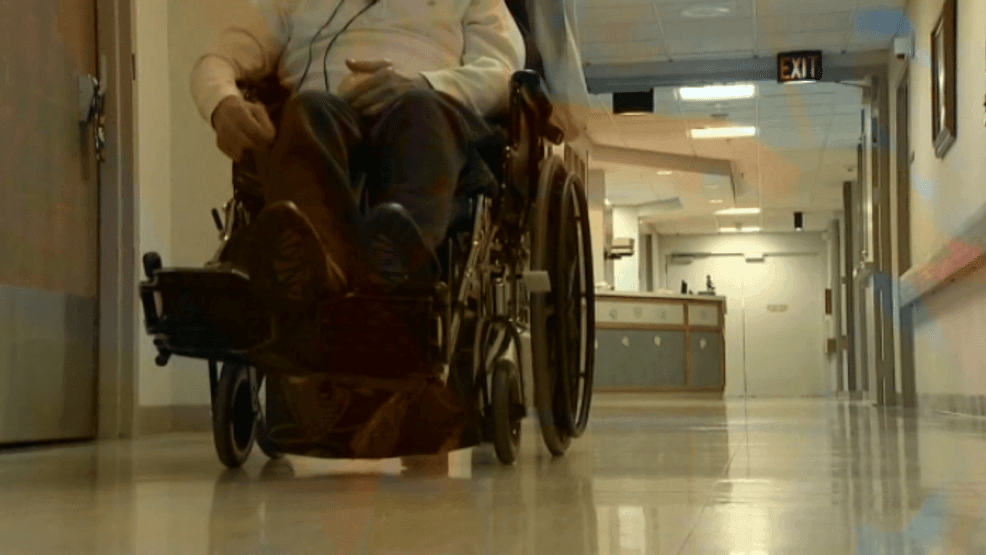Dignity in Peril: Hospice Care Struggles with Staff Shortages and Policy Barriers

The Growing Demand for Palliative and Hospice Care
The future of palliative care and hospice care is facing significant challenges, with officials warning of a looming crisis in the healthcare sector. As the population ages, the need for specialized care for patients with chronic or terminal illnesses is increasing rapidly. This demand extends beyond traditional hospital settings to home healthcare and nursing homes, where trained professionals are essential.
Educators and healthcare facilitators are working tirelessly to prepare for this growing need, aiming to prevent a potential shortage of qualified workers. According to the Bureau of Labor Statistics, the number of new jobs in this area of healthcare is projected to exceed 820,000 by 2033. However, despite this surge in job opportunities, many positions remain unfilled due to low starting salaries and high emotional demands.
Challenges in Recruitment and Retention
The median starting salary for these roles is under $35,000, making it difficult for recruiters to attract and retain qualified workers. Holly Nye, community liaison for Crescent Hospice, emphasizes the urgency of addressing this issue. “We have a large population that needs hospice now, and they need education and especially placement,” she said. “They need someone to take care of them, and their families aren’t able to stay home with them.”
The emotional toll of caring for dying patients is another major challenge. Christian McDaniel, executive director of palliative care at the Medical University of South Carolina, highlights the importance of supporting staff well-being. “It’s a sacred space, and also helping staff understand that it does take an emotional toll when you care for dying patients every day,” he explained. “Focusing on things like wellbeing—how do we support our staff? How do we support their wellbeing?”
Policy Changes and Their Impact
Recent policy changes have further complicated the situation. The so-called “Big Beautiful Bill” is expected to force nearly 10 million people to lose health insurance by 2034, according to the Congressional Budget Office. This could limit access to critical care services, particularly for those who rely on Medicaid as their primary payer source.
Nye pointed out the risks associated with such cuts: “If you don’t qualify for Medicaid, then there is always a risk. There’s not someplace for someone to go. You can think you’re doing really well and have a lot of money, and an extra $7,000 a month is just not in your budget.”
Immigration Policies and Workforce Shortages
Immigration policies are also contributing to the crisis. In areas where one in four employees is foreign-born, recent crackdowns have raised concerns about the availability of workers willing to perform essential but often undervalued tasks. Nye noted the critical role of these workers in providing basic care. “The ones that are changing pull-ups, that are emptying out pee and feces, and all of these things that some people just don’t want to do,” she said. “And if they are going on to higher education and doing those things, who is going to do the jobs that need to be done?”
Education and Workforce Development
Hospital officials stress the importance of making palliative and hospice care more appealing to future healthcare workers. McDaniel emphasized the role of nursing schools in attracting and retaining talent. “When you’re looking at wanting to retain those people to care for people in South Carolina, that’s a huge role of the colleges of nursing across the state is to get those students involved and get them to stay here,” he said.
Medical University of South Carolina (MUSC) has set goals to ensure a steady pipeline of healthcare workers. By offering diverse skill sets and training programs, MUSC aims to equip nurses with the tools needed to meet the rising demand for palliative and hospice care.
A Call for Dignity in End-of-Life Care
Ultimately, the need for quality end-of-life care is clear. Nye reflected on the importance of ensuring that everyone has the option to die with dignity. “We are all going to die,” she said. “And if we are lucky, we will die with dignity, making our own decisions and be able to have hospice care.”
Post a Comment for "Dignity in Peril: Hospice Care Struggles with Staff Shortages and Policy Barriers"
Post a Comment